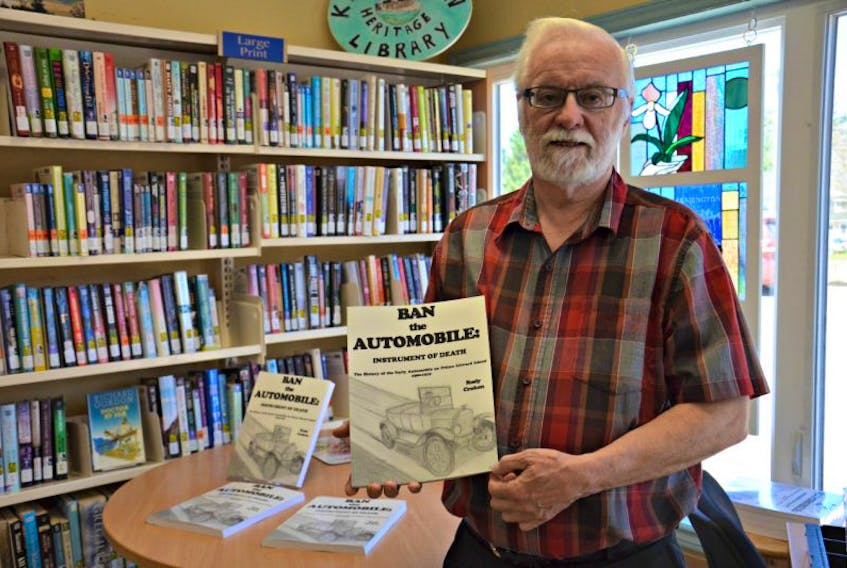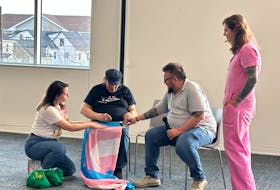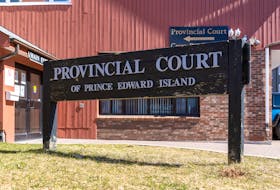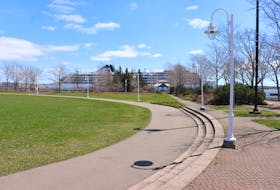Author Rudy Croken discussed his new book, ‘Ban the Automobile: Instrument of Death,’ at the Kensington Heritage Library Saturday.
Croken spent the past six years leafing through newspaper stories in archives and libraries to uncover a tumultuous time when Islanders banned automobiles from 1908 to 1913.
“The interest for the book came from a cross-Canada tour my wife and I did in 2010,” said Croken. “I was looking up the Island history 100-years ago only to find there was no history on cars because they were not allowed on the roads. I started doing more research, and six years later I have a book.”
In the book he outlines how the Island received criticism from all over the world for its horse-driven society, with 90 percent of Islanders against the car.
“Cars scared the horses and everybody went by horse in the early 1900’s,” said Croken. “The men would be working in the fields and the women and children would be out on the roads going to markets, and they claimed the roads were too narrow.”
Devil Wagons, Death Dealing Machines, Terror Wagons and Instruments of Death, were the terms frequently used to describe the mechanized transportation.
“You couldn’t put the horse and the car on the same road and the farmers built the roads, so they believed the roads belonged to them,” he said.
In 1908, there were seven cars on P.E.I.
They were only allowed on certain roads three days a week – Monday, Wednesday and Thursday.
“They were only allowed on roads where 75 percent of the people wanted them, so after that people gradually got use to them.”
In 1919 the ban was finally lifted and cars were given full privilege to the roads, every day of the week.









